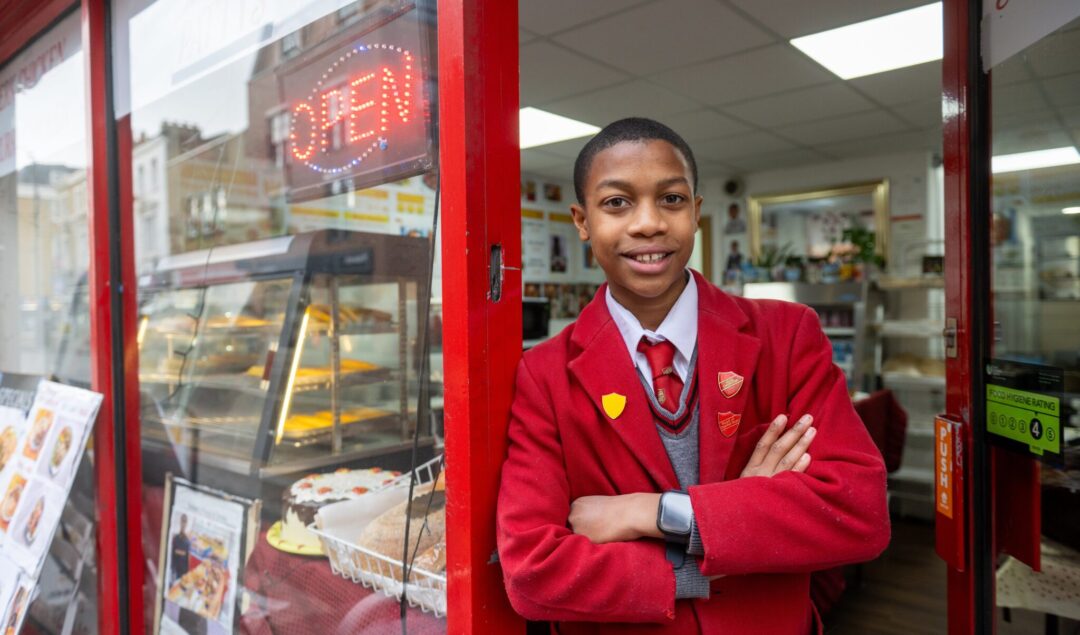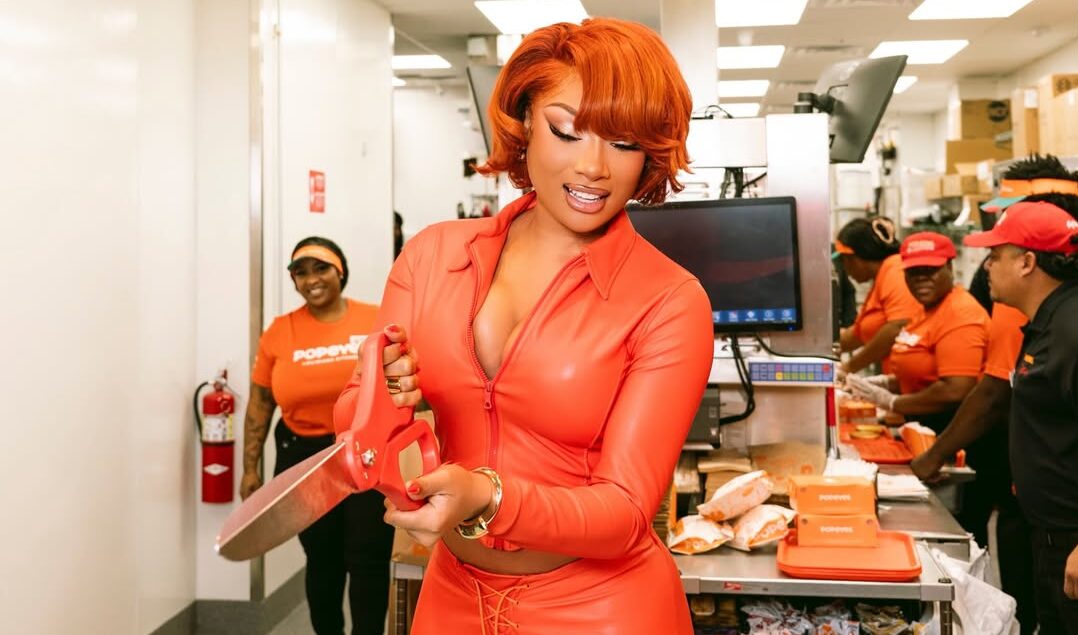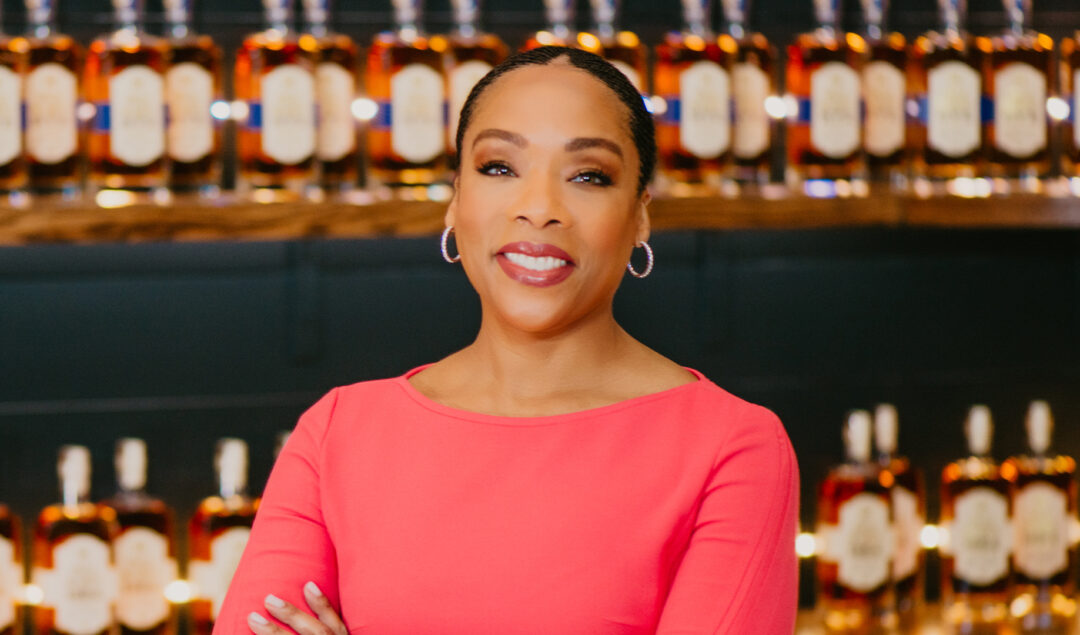NBCUniversal filed a $35.8 million lawsuit against Group Black in late 2025, alleging the media collective failed to remit guaranteed payments and advertising revenue from their Peacock streaming partnership. The litigation marks a critical fracture in the institutional effort to redirect $500 million in corporate ad spend toward Black-owned media entities. Reporting from Business Insider and AFROTECH indicates that while Group Black secured $30 million in advertising sales, the firm allegedly withheld contractually obligated splits from NBCUniversal. This fiscal dispute follows a pattern of internal instability characterized by leadership exits
Kevin Hart’s Gran Coramino tequila has generated about $200 million in cumulative retail sales since 2022, executives said on Yahoo Finance’s “Opening Bid.” Reporting from Yahoo Finance cites co-founder and liquor executive James Morrissey saying the brand produced $85 million in 2025 retail sales, sold 3.6 million bottles, and delivered nearly $2 million in weekly consumer-level sales in stores. Yahoo Finance also reported that Gran Coramino sold nearly 300,000 nine-liter cases in roughly three years, with about half of those cases attributed to 2025. The numbers matter because U.S. spirits
A 13-year-old boy in the UK is paying his own boarding school fees using profits from his Caribbean food business, a venture he started at just six years old. Malaki Conteh now covers the portion of his school fees not covered by financial aid at The Prebendal School in southern England, where he attends as a full-time boarder. Tuition runs about £4,000 ($5,384) per semester, with Conteh paying the remaining balance after receiving a 50% scholarship, My London reports. Turning a Family Kitchen Into a Business Conteh runs Malaki’s Food
Three-time Grammy Award–winning artist Megan Thee Stallion has opened her first Popeyes restaurant as a franchise owner, turning a high-profile brand partnership into a direct stake in a revenue-generating business. The restaurant opened this week on Washington Avenue in South Beach, Miami, a high-traffic corridor popular with both locals and tourists. It features Megan-themed design elements and menus. From Campaign Partner to Franchise Owner Megan’s Popeyes location builds on a relationship that began in 2021, when she and the fast-food chain announced an expanded partnership that went beyond a typical celebrity
Black and other minority-owned businesses are being severely affected by the federal government shutdown. A recent survey conducted by the National Minority Supplier Development Council (NMSDC) reveals that these firms are being adversely affected by the economic downturn caused by the shutdown. The closure, which began on October 1, is expected to be one of the longest in US history. Additionally, new analysis by Creative Investment Research estimates that the shutdown could result in losses ranging from $400 million to $450 million for minority business enterprises (MBEs). Black businesses affected
Confido has raised $20 million in total funding across its Seed and Series A rounds. Footwork led the rounds with participation from Watchfire Ventures, Y Combinator, Boulder Food Group II, Fintech Fund, Barrel Ventures, and a group of strategic angels. The startup, founded in 2022 by Justin Hunter and Kara Holinski, began by automating Cash Application and Deductions Management. Over the past year, it expanded into Trade Promotion Management and Sales Forecasting, with the mission of giving accounting, finance, and sales teams a single platform to plan, execute, and analyze
Seafood restaurant chain Red Lobster is making a comeback under the leadership of CEO Damola Adamolekun. The 36-year-old, who took the helm as Red Lobster emerged from Chapter 11 bankruptcy last year, is leaning on two simple strategies: listen to customers and make the restaurants worth returning to. Red Lobster’s bankruptcy Founded in 1968, Red Lobster filed for Chapter 11 bankruptcy in May 2024, closing more than 100 of its nearly 650 restaurants. Decades of rising labor and lease costs were compounded by the infamous endless shrimp fiasco, which turned
Black-owned whiskey brand Uncle Nearest has been hit with a $100 million lawsuit for allegedly not paying back its loans, as stated by court documents. Nearest Green Distillery, which sells Uncle Nearest premium whiskey across the US, has been accused of breaching loan agreements with its lender, according to a suit obtained by WSMV. The lawsuit has been filed by Louisville-based Farm Credit Mid-America, which accuses the company’s founders, Fawn Weaver and her husband, Keith Weaver, of breach of contract, stating that they defaulted on multiple loans, totaling $108 million, including interest. It also alleges
Join our Patreon for extra-long episodes and ad-free content: https://www.patreon.com/techish This week, Techish host Michael Berhane teams up with TechCrunch reporter Dominic-Madori Davis to break down why Silicon Valley is leaning into the intense 996 work culture. They also dive into Black beauty brands like Ami Colé struggling to stay afloat. Flo’s privacy trial, and Mira Murati’s $2 billion seed round. And for the Patreon subscribers: why the Tea app is in hot water and the dark side of tech’s H-1B visas. Chapters 00:43 Silicon Valley Embraces Controversial 996 Workweek07:11 Black-Owned
Ami Colé, a Black-owned beauty line founded by Diarrha N’Diaye-Mbaye, will shut down in September. N’Diaye-Mbaye, who is one of the few Black women to raise more than $1 million in venture capital, wrote about her decision in The Cut, explaining that maintaining the business in this current market wasn’t sustainable. “We made operational decisions that felt necessary at the time — like scaling up production to meet potential demand — without truly knowing how the market would respond,” N’Diaye-Mbaye said. Ami Colé’s history The brand, which launched in 2021,













